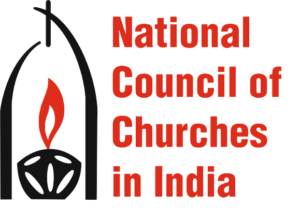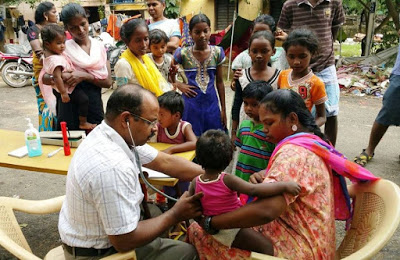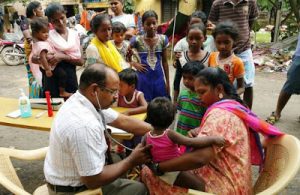Ecumenism of the 21st Century: Insights from Samuel Kobia’s Thoughts.
The term ecumenism, common though it is in Christian theological vocabularies and in high level conferences and consultations, is still not so well known at the grassroots level. To put it very simply, ecumenism is concerned with relationships which encourage and facilitate listening, learning, mature criticism, mutual edification and change, commitment and solidarity, thereby continuously moving people on to increasingly loving, responsible, just and peaceful integration with God and all creation. Ideally speaking, ecumenism should be a movement. However, most movements usually tend to set up their own structures and institutions. It is best that these structures and institutions are flexible, and keep on changing in line with the spirit and emphases of the movements in the light of the changing contexts. Over the decades, there is a danger for any movement to be reduced to its structures and institutions. The movement of ecclesial ecumenism, which came to prominence during the twentieth century, is now faced with the question: How will this ecumenism find expression in the twenty-first century? While one look at this question from a global perspective, one has to keep in mind its importance from the grassroots perspective.
I
One might immediately recall the well-articulated presentation of Rev. Dr. Samuel Kobia, former General Secretary of the World Council of Churches on “New Visions and Challenges to Ecumenism in the 21st Century” made on 18th November 2006 in Shanghai, People’s Republic of China. (http://www.oikoumene.org/en/resources/documents/general-secretary/speeches/new-visions-and-challenges-to-ecumenism-in-the-21st-century).
In that address, he first highlights the changing ecclesial scenario:
The decline of Protestant churches and of ecumenism in Europe and North America
Kobia observes:
Protestantism in Europe is changing: the number of church members is declining, their influence vis-à-vis the state seems to be decreasing, and financial arrangements are changing. At the same time, the agencies or specialized ministries associated with these churches have become important – and increasingly independent – actors in their own right. The situation in North America – another pillar of the ecumenical movement – is quite different in many respects, but in other ways is quite similar. The mainline churches are experiencing decreases in membership, funding for the national church is becoming more difficult, and access to those in power seems to have shifted to a different set of churches. The growth of non-denominational mega-churches is more a US (NA) phenomenon than a European one.
Consequently,



 Press Note
Press Note
 Resurrection Experience in This Life itself!
Resurrection Experience in This Life itself! 
 Chhattisgarh Christian Council (CCC), regional Christian Council of the National Council of Churches in India, strongly Condemns the Vandalisation of Church and assault on Believers Chhattisgarh Church and subsequent assault on the church members in Kachana near Raipur city. The attack happened around 11 am on March 6, 2016 allegedly by members of Bajrang Dal. The Pastor Ankush Bareyekar approached the Vidhan Sabha thana where the police after a long delay registered the FIR.
Chhattisgarh Christian Council (CCC), regional Christian Council of the National Council of Churches in India, strongly Condemns the Vandalisation of Church and assault on Believers Chhattisgarh Church and subsequent assault on the church members in Kachana near Raipur city. The attack happened around 11 am on March 6, 2016 allegedly by members of Bajrang Dal. The Pastor Ankush Bareyekar approached the Vidhan Sabha thana where the police after a long delay registered the FIR.

 The situation is unprecedented and has caught the population and administration unaware. But for a responsive neighbourhood that rose up to the occasion, the distress would have been many folds more. Social media was used as a great force multiplier in the process. The local churches have responded immediately. The Church and School/ Institution premises in many places have accommodated people. Local congregations in the affected and neighbouring areas have been distributing food packets, blankets and drinking water.
The situation is unprecedented and has caught the population and administration unaware. But for a responsive neighbourhood that rose up to the occasion, the distress would have been many folds more. Social media was used as a great force multiplier in the process. The local churches have responded immediately. The Church and School/ Institution premises in many places have accommodated people. Local congregations in the affected and neighbouring areas have been distributing food packets, blankets and drinking water.